

Max Lab > Lab Test in Gwalior > Lab Test in Hazira > Post Prandial Blood Sugar Test
₹ 50
10% OFF for Senior Citizens | USE CODE SS10 *
|
|
Post Prandial Blood Sugar Test |
|
|
PPBS, PPSB Test |
|
|
Blood |
|
|
|
|
₹ 50 |
@3x.png) Description
Description
PPBS stands for "Postprandial Blood Sugar," and it is a form of blood test in Hazira, Gwalior that measures the glucose levels in an individual's blood after they have eaten a meal. The PPBS blood test in Hazira, Gwalior is typically performed 2 hours after a person has finished eating. The purpose of the PPBS test in Hazira, Gwalior is to evaluate how well the body is able to regulate glucose levels after a meal.
The PPBS test in Hazira, Gwalior is used to determine how well an individual's body is able to handle the glucose load after eating and can also be used to diagnose and monitor diabetes. Elevated postprandial blood sugar (PPBS) levels can be an early sign of insulin resistance, which is a condition where a person's body becomes less responsive to the effects of insulin. Insulin is a hormone generated by the pancreas that helps to regulate the amount of glucose in the bloodstream. When you ingest food, your body breaks down carbohydrates into glucose, which is then taken into your bloodstream. Insulin helps to move this glucose out of your bloodstream and into your cells, where it can be used for energy.
During the PPBS blood test in Hazira, Gwalior, a healthcare provider will take a sample of your blood two hours after you eat a meal. Time is important in PPBS test in Hazira, Gwaliors because it allows an individual's body enough time to digest the food and for glucose levels to rise before test in Hazira, Gwalioring.
There is another test in Hazira, Gwalior like the PPBS test in Hazira, Gwalior, which is the FBS test (Fasting Blood Sugar) which calculates the level of glucose in the blood after an individual has fasted for at least 8 hours. This test in Hazira, Gwalior is typically done in the morning, after an overnight fast, and is also used to diagnose and manage diabetes.
....Read More@3x.png) Description
Description
PPBS stands for "Postprandial Blood Sugar," and it is a form of blood test in Hazira, Gwalior that measures the glucose levels in an individual's blood after they have eaten a meal. The PPBS blood test in Hazira, Gwalior is typically performed 2 hours after a person has finished eating. The purpose of the PPBS test in Hazira, Gwalior is to evaluate how well the body is able to regulate glucose levels after a meal.
The PPBS test in Hazira, Gwalior is used to determine how well an individual's body is able to handle the glucose load after eating and can also be used to diagnose and monitor diabetes. Elevated postprandial blood sugar (PPBS) levels can be an early sign of insulin resistance, which is a condition where a person's body becomes less responsive to the effects of insulin. Insulin is a hormone generated by the pancreas that helps to regulate the amount of glucose in the bloodstream. When you ingest food, your body breaks down carbohydrates into glucose, which is then taken into your bloodstream. Insulin helps to move this glucose out of your bloodstream and into your cells, where it can be used for energy.
During the PPBS blood test in Hazira, Gwalior, a healthcare provider will take a sample of your blood two hours after you eat a meal. Time is important in PPBS test in Hazira, Gwaliors because it allows an individual's body enough time to digest the food and for glucose levels to rise before test in Hazira, Gwalioring.
There is another test in Hazira, Gwalior like the PPBS test in Hazira, Gwalior, which is the FBS test (Fasting Blood Sugar) which calculates the level of glucose in the blood after an individual has fasted for at least 8 hours. This test in Hazira, Gwalior is typically done in the morning, after an overnight fast, and is also used to diagnose and manage diabetes.
....Read More
Typhoid fever is a severe infection that can affect different organs. It is a...Read More
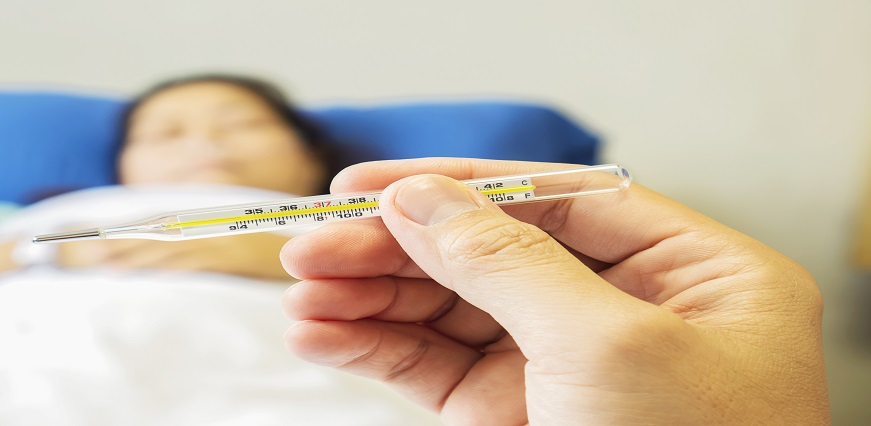
Typhoid is a bacterial disease that has been affecting the world’s popu...Read More

Typhoid fever is relatively rare in developed countries but quite common in d...Read More
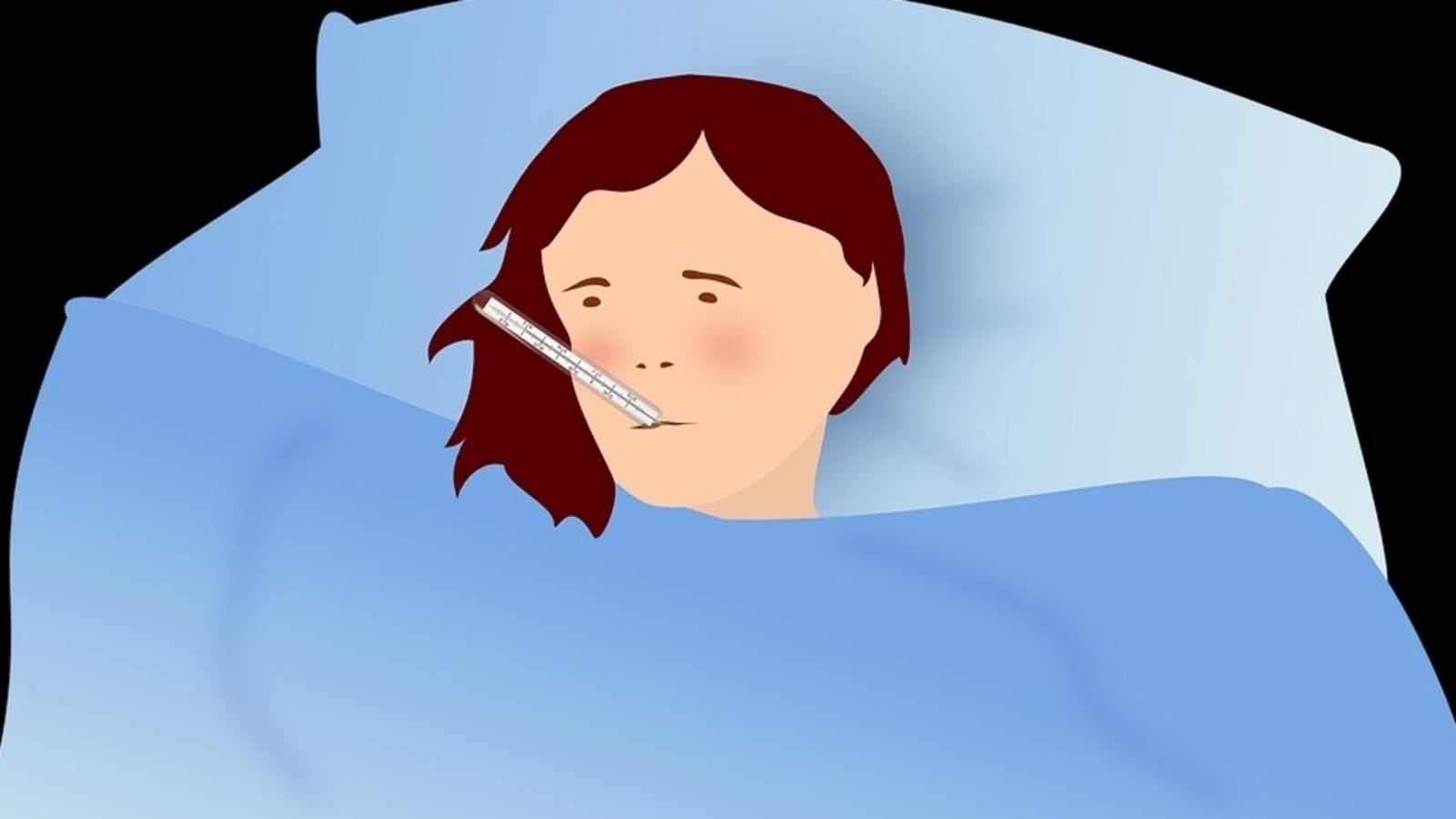
Certain diseases like malaria, dengue, etc. are common during the monsoon sea...Read More
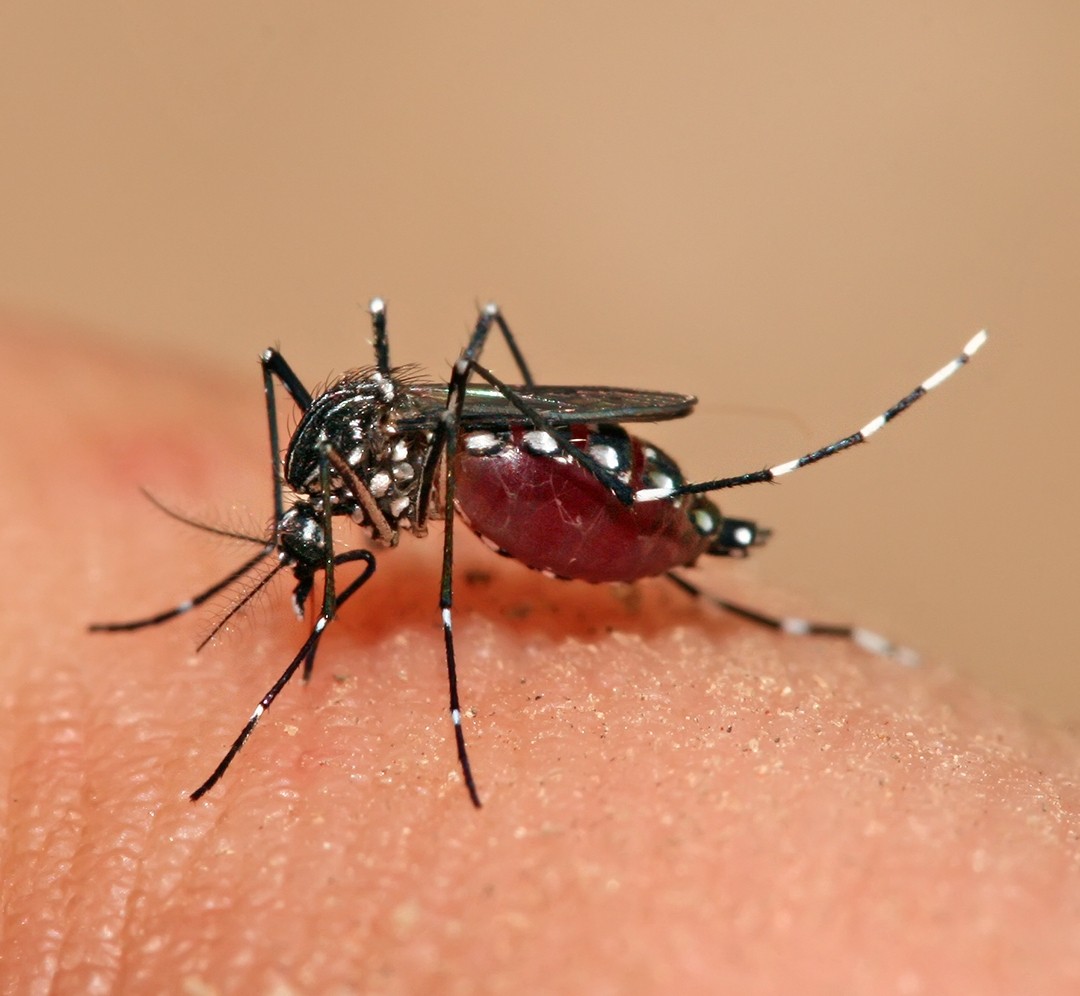
Chikungunya is an arthropod-borne infectious disease caused by the ...Read More
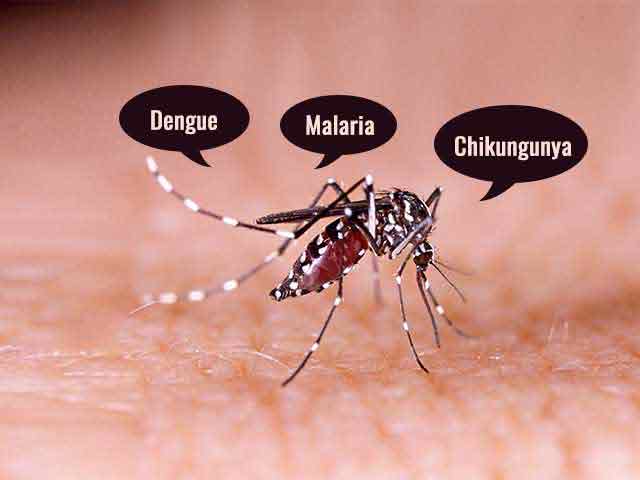
Tropical and sub-tropical countries have climatic conditions that make the at...Read More
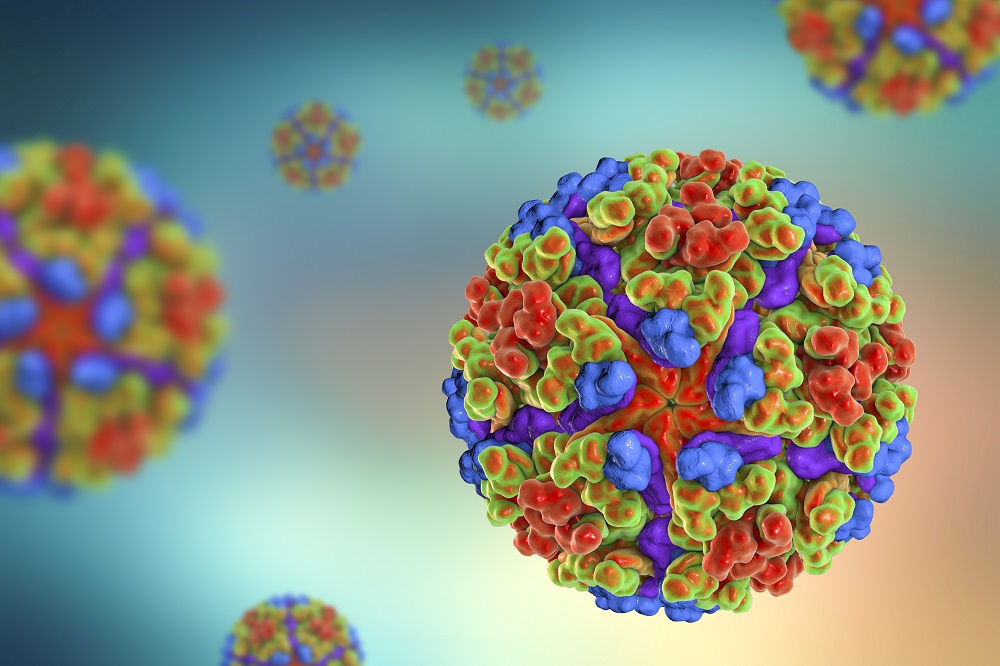
Transmitted to humans through the bite of a mosquito, chikungunya is a viral ...Read More

Rubella is caused by the RuV (Rubella virus) and is a contagious viral infect...Read More
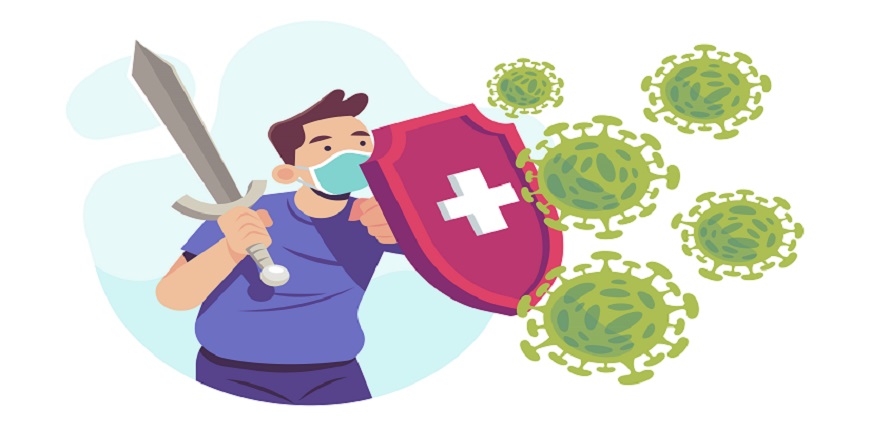
Never ignore the first cues of viral fever Viral...Read More

A bacterial infection called typhoid can spread throughout the body and harm ...Read More
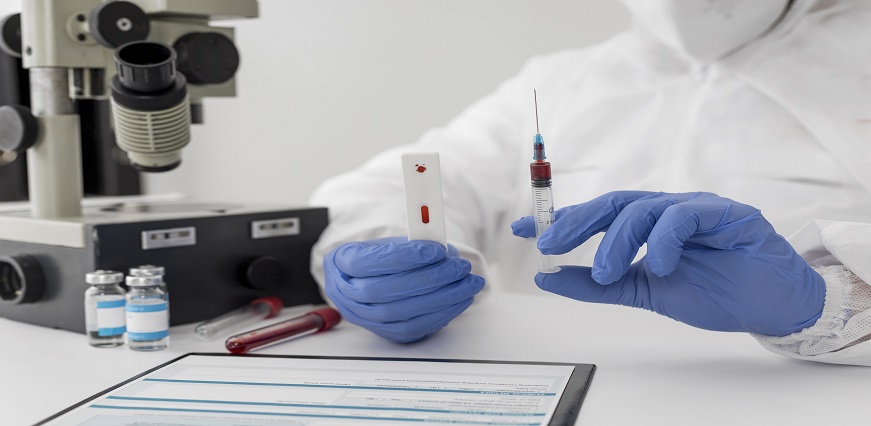
Are you experiencing symptoms like fever, headache, and muscle aches? These a...Read More

Are you feeling under the weather lately? Well, you're not alone! The num...Read More

What is Pyrexia? Also known as fever, pyrexia is...Read More

Viral fever, a common ailment that affects people of all ages and genders, is...Read More

Rheumatic fever is a condition that often flies under the radar, but its impa...Read More

Intermittent fever is crucial for effective diagnosis and treatment. This blo...Read More

Chills can be an unsettling experience, especially when they strike without t...Read More

Scarlet fever is a contagious illness that is typified by its characteristic ...Read More

Whether it’s spring blooming, summer turning up the heat, or the monsoo...Read More